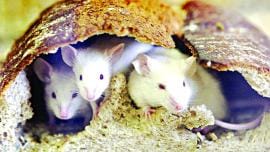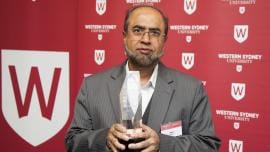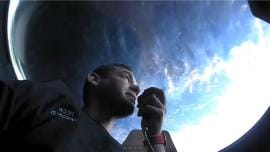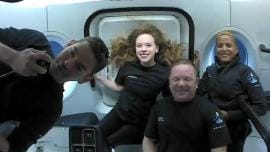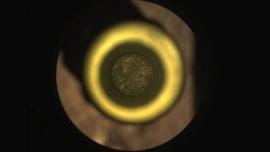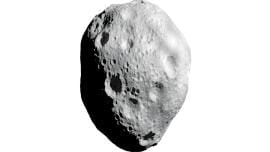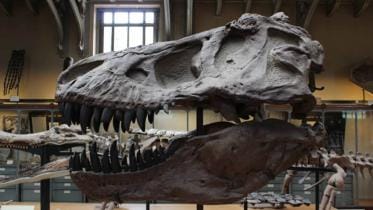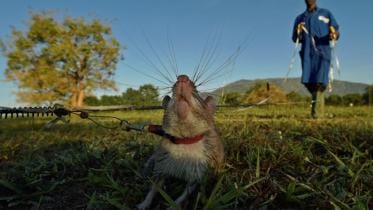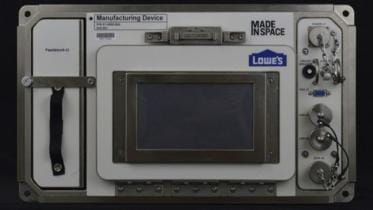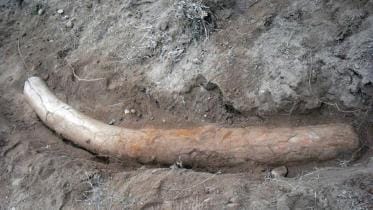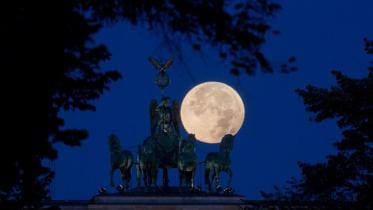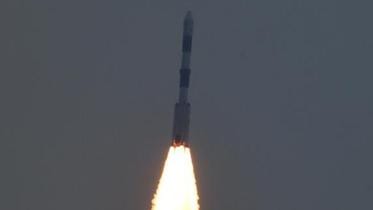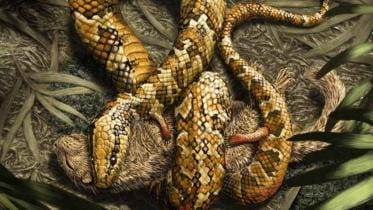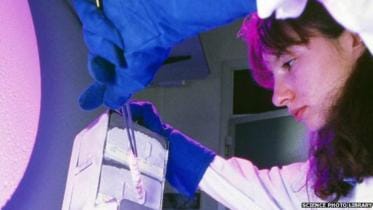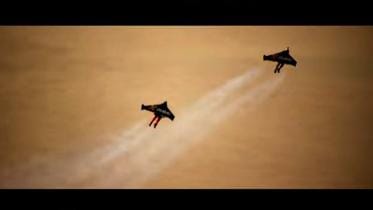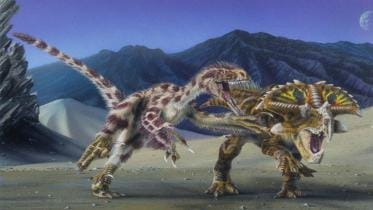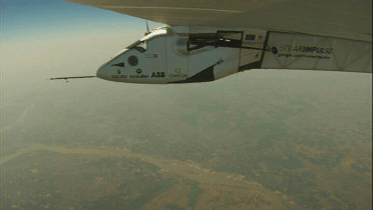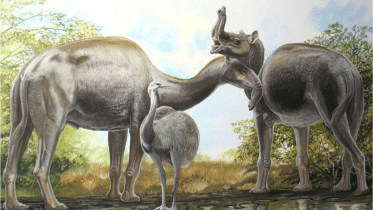Scientists reverse ageing in mice
12 March 2022, 18:00 PM
News
Bangladeshi water engineer in top 2% of the world scientists
23 November 2021, 13:09 PM
Science
SpaceX capsule with world's first all-civilian orbital crew splashes down off Florida
19 September 2021, 04:02 AM
Bots
What life is like aboard the SpaceX Dragon capsule
18 September 2021, 15:01 PM
Bytes
SpaceX capsule with world's first all-civilian orbital crew set for splashdown
18 September 2021, 10:54 AM
Science
Mars rocks collected by Perseverance boost case for ancient life
11 September 2021, 06:26 AM
Science
NASA confirms Perseverance Mars rover got its first piece of rock
7 September 2021, 04:12 AM
Science
What Does Asteroid Mining Look Like?
25 August 2021, 18:00 PM
Bots
Jeff Bezos' Blue Origin sues NASA over Moon lander contract
17 August 2021, 13:20 PM
Bytes
Bacteria, and Other Gut Feelings
27 July 2021, 12:14 PM
Bots
Scientists reverse ageing in mice
Scientists have reversed signs of ageing in middle-aged and elderly mice by partially resetting the rodents’ tissues to more youthful states, an advance they say may lead to better anti-ageing methods without side effects like brittle bones, weaker muscles or cancer.
12 March 2022, 18:00 PM
Bangladeshi water engineer in top 2% of the world scientists
This list has been prepared by Stanford University by analysing publication data.
23 November 2021, 13:09 PM
Chinese researchers propose deflecting 'Armageddon' asteroids with rockets
Chinese researchers want to send more than 20 of China's largest rockets to practice turning away a sizable asteroid - a technique that may eventually be crucial if a killer rock is on a collision course with Earth.
8 July 2021, 14:12 PM
Dinosaur bones dating back to 100 million years found in Meghalaya
Indian researchers have identified fossil bone fragments of sauropod dinosaurs dating back to about 100 million years from an area around West Khasi Hills district of the north eastern state of Meghalaya.
5 May 2021, 15:18 PM
Tanzanian rats with nose for trouble train to save lives
Africa's giant pouched rats have a lesser-known but equally critical vocation - saving lives by speeding up tuberculosis detection.
12 August 2016, 09:56 AM
Nasa and the amazing space printer
If you have ever struggled getting hold of a spare part for an appliance, consider the astronauts on the International Space Station (ISS), where deliveries are not exactly regular, and postage is rather extortionate.
23 February 2016, 13:12 PM
Pakistan scientists 'find 1.1m yr-old tusk'
A team of Pakistani researchers claims to have unearthed a 1.1 million-year-old stegodon tusk in the central province of Punjab, potentially shedding new light on the mammal's evolutionary journey.
17 February 2016, 05:22 AM
Earth's gravitational pull cracks open moon
The gravitational pull of earth is massaging the moon, opening up faults in the lunar crust, researchers say.
13 October 2015, 03:24 AM
Catch Supermoon in Bangladesh tonight!
Tonight is the night when a supermoon will be coinciding with a lunar eclipse. The next time you’ll have a chance to do so is in 2033.
28 September 2015, 09:51 AM
India launches first space observatory ASTROSAT
India today successfully launched a satellite-launch-vehicle carrying ASTROSAT, its first astronomy observatory to study distant celestial objects.
28 September 2015, 06:49 AM
4-legged snake ancestor 'dug burrows'
A 113-million-year-old fossil from Brazil is the first four-legged snake that scientists have ever seen.
24 July 2015, 09:34 AM
Baby born from ovary frozen in mother's childhood
A woman in Belgium is the first in the world to give birth to a baby using transplanted ovarian tissue frozen when she was still a child, doctors say.
10 June 2015, 06:05 AM
Breathtaking: 2 daredevils fly with jetpacks (video)
In a new milestone in the chapter of human flight, jetman Yves Rossy and his protégé Vince Reffet fly over Dubai with jetpack.
13 May 2015, 09:39 AM
'Dino-chicken’ created in lab
For the first time scientists create chicken embryos with broad,Velociraptor-like muzzles in the place of their beaks.
13 May 2015, 05:50 AM
NASA astronomer names asteroid after Malala
Nobel Peace Prize winner Malala Yousafzai now has an asteroid named after her, the Malala Fund announced Wednesday, reports mashable.com.
10 April 2015, 14:12 PM
Solar Impulse flies over Bangladesh
The world's only solar-powered aircraft Solar Impulse-2 was flying over Chittagong Hill tracts in Bangladesh on its way to Myanmar
19 March 2015, 09:28 AM
Mystery of Darwin's mammals solved
Researchers said a sophisticated biochemical analysis of bone collagen extracted from fossils of the two mammals, Toxodon and Macrauchenia, demonstrate that they were related to the group that includes horses, tapirs and rhinos, solving Charles Darwin mystery theory
19 March 2015, 08:44 AM
Millions at risk from 'Freak' bug
Microsoft has issued a security warning about a bug that could let attackers spy on supposedly secure communications.
6 March 2015, 15:58 PM
